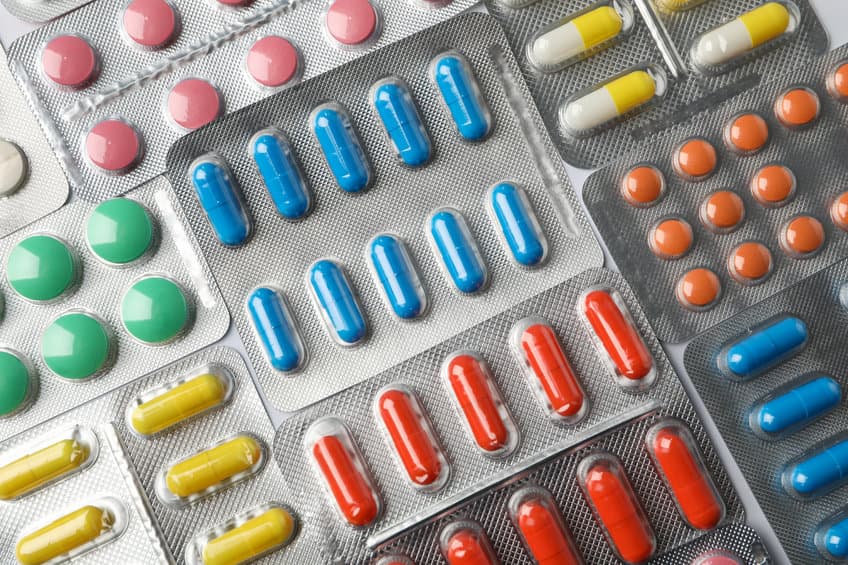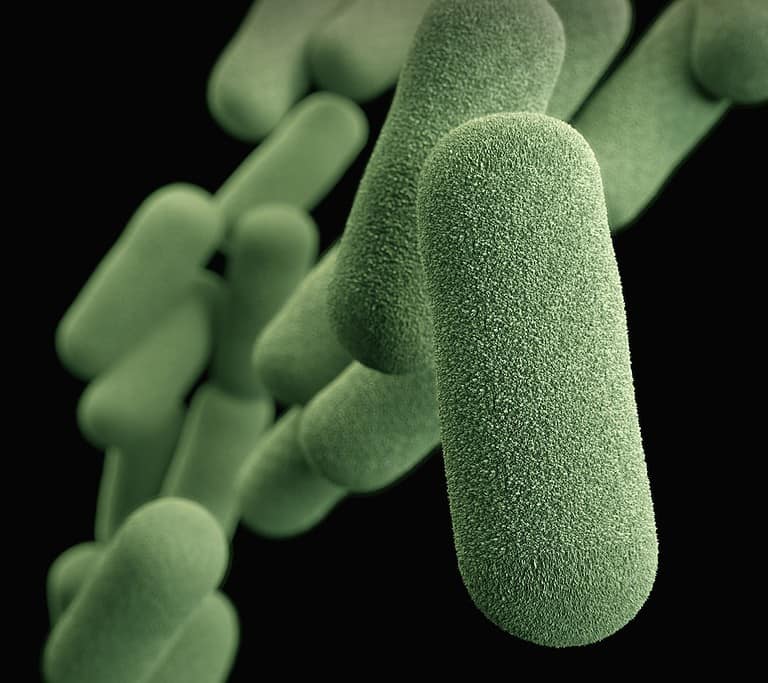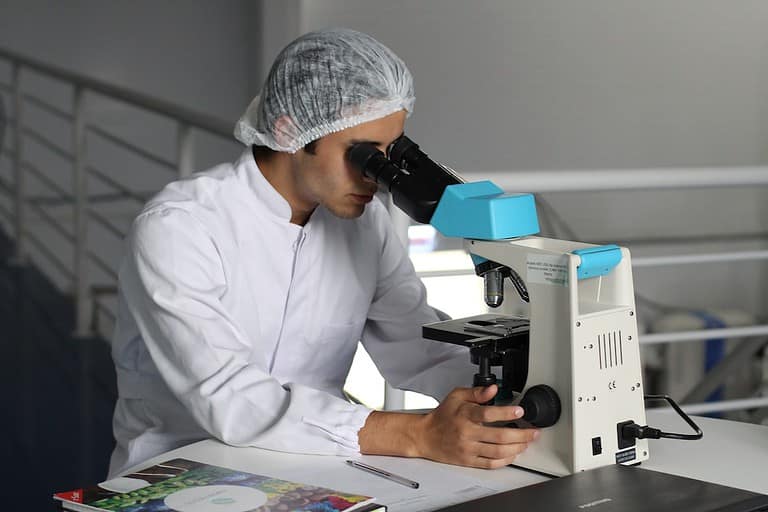How Long Does It Take for Gut Microbiome to Change: A Guide
How long does it take for gut microbiome to change? This is a crucial question for families seeking actionable ways to improve their health and well-being. Surprising as it may be, the makeup of our intestinal bacteria can alter quickly in response to dietary and lifestyle modifications.
In this blog post, we will explore a study that demonstrates just how quickly the gut microbiome can transform when ten participants switched diets. We’ll also discuss factors influencing gut health and bacterial diversity, such as diverse dietary choices, stress chemicals’ impact on microbial balance, and exercise’s role in promoting optimal gut health.
Lastly, we will delve into the challenges of rebuilding a healthy microbiome after antibiotic use and learn about tools like the Healthpath Gut Health Test. By understanding the questions, “How long does it take for gut microbiome to change, and what influences these shifts?” You can make informed decisions to support your family’s overall wellness.
Table of Contents
- Rapid Changes in Gut Microbiome
- Factors Influencing Gut Health and Bacterial Diversity
- Rebuilding a Healthy Microbiome After Antibiotics
- FAQs in Relation to How Long Does it Take for Gut Microbiome to Change
- Conclusion
Rapid Changes in Gut Microbiome
Our gut microbiome, the community of microorganisms living within our digestive system, plays a crucial role in maintaining our overall health. Recent research has shown that these populations of gut bacteria are highly sensitive to the food we consume and can change rapidly based on our dietary choices. Significant shifts in diet can lead to changes in gut bacteria populations within just three or four days.
Study on Ten Participants Switching Diets
A study conducted by researchers at Harvard University involved ten participants who switched their diets for a short period. Half of the participants changed from a plant-based diet to an animal-based one, while the other half made the reverse transition. The results were astonishing: after only four days, there was a noticeable difference in each participant’s gut microbiome composition.
This rapid response suggests that even small changes in what we eat can have profound effects on our gut health. And the answer to the question, “How long does it take for gut microbiome to change?” is smaller than you would think.
Factors Influencing Gut Health and Bacterial Diversity
Gut health is increasingly recognized as crucial for overall well-being; greater diversity among bacteria present correlates with numerous associated health benefits. Several factors, such as dietary choices, stress chemicals released by our bodies, and exercise, play essential roles in maintaining gut health and fostering a thriving bacterial community.
Importance of diverse dietary choices
A diet rich in various fruits, vegetables, whole grains, lean proteins, and healthy fats can significantly impact the gut bacteria composition. Consuming probiotic-rich foods like yogurt or fermented foods such as kimchi introduces good bacteria into your system, while prebiotic fibers found in bananas or onions feed these beneficial microbes. A diverse diet ensures that you provide ample resources to support different types of good bacteria, promoting optimal gut function.
Impact of stress chemicals on microbial balance
Research suggests chronic stress negatively affects the balance between good and bad bacteria within our guts. When stressed, our body releases cortisol – a hormone known to suppress immune function – which may lead to an overgrowth of harmful microbes at the expense of beneficial ones. Managing stress through relaxation techniques like meditation or deep breathing exercises can help maintain a healthier microbiome.
Exercise’s role in promoting optimal gut health
Maintaining an active lifestyle has been shown to positively influence gut microbiota diversity. Regular physical activity helps increase the abundance of beneficial bacterial species while reducing inflammation. A study found that individuals who engaged in regular exercise had a more diverse gut microbiome compared to their sedentary counterparts.
- Diet: Consume a diverse range of fruits, vegetables, whole grains, lean proteins, and healthy fats for optimal gut bacteria composition.
- Stress management: Practice relaxation techniques like meditation or deep breathing exercises to maintain microbial balance.
- Exercise: Engage in regular physical activity to promote beneficial bacterial species and reduce inflammation levels.
Rebuilding a Healthy Microbiome After Antibiotics
How long does it take for gut microbiome to change after antibiotics? Antibiotic treatments can disrupt the delicate balance of your gut microbiome. Reestablishing a healthy bacterial community after multiple rounds of antibiotics may take over six months due to the challenges posed by biofilm formation.  Source
Source
Challenges Posed by Biofilm Formation
Biofilms are slimy layers that enclose pathogenic bacteria, making it difficult for medications to penetrate effectively. Biofilms enable bacteria to remain in the gut even after antibiotic therapy, posing a persistent threat. As a result, rebuilding a diverse and healthy microbiome becomes more challenging.
- Persistence: The presence of biofilms allows pathogenic bacteria to withstand harsh conditions and resist eradication efforts.
- Inflammation: Biofilms can trigger inflammation in the gastrointestinal tract, further disrupting the microbial balance.
- Nutrient competition: Harmful bacteria within biofilms compete with beneficial microbes for nutrients essential for their growth and survival.
Utilizing Tools Like the Healthpath Gut Health Test
To overcome these challenges and promote long-term gut health recovery post-antibiotics, consider utilizing diagnostic tools such as the Healthpath Gut Health Test. This comprehensive test identifies the root causes of common digestive issues like IBS symptoms or leaky gut syndrome by analyzing various aspects of your intestinal environment.
- Assessing microbial diversity: The test measures the abundance and variety of bacteria in your gut, helping you understand whether your microbiome is diverse enough for optimal health.
- Detecting pathogens: It identifies potential pathogenic bacteria, yeasts, or parasites contributing to digestive symptoms.
- Evaluating inflammation markers: By measuring inflammatory markers like calprotectin and zonulin, the test can provide insights into the level of inflammation in your gut.
FAQs in Relation to How Long Does it Take for Gut Microbiome to Change
How does the gut microbiome change over time?
The gut microbiome is a complex and dynamic ecosystem that changes over time. It is composed of trillions of microorganisms, including bacteria, viruses, fungi, and protozoa. As the environment in the gut changes due to diet or lifestyle choices, so does its microbial composition.
In general, beneficial microbes tend to increase while harmful ones decrease as we age; however, this can be influenced by our diet and other factors, such as stress levels. Thus, sustaining a balanced microbiota is essential for maintaining well-being throughout one’s life.
How many days does it take to reset gut health?
Gut health can be reset in as little as three days. Dietary modifications, like cutting out processed foods and including more probiotic- and prebiotic-filled whole foods, can be taken to reset gut health. Furthermore, to reset gut health, it is necessary to make lifestyle adjustments like obtaining sufficient rest, decreasing anxiety levels, performing physical activity on a regular basis, and consuming plenty of water.
How long does it take to improve gut health with probiotics?
The duration of improvement to gut health through probiotic use may vary depending on the specific kind and dosage taken, as well as other elements. Most people may observe improvements in their gut health within two weeks, but continued use for three months or more is recommended to experience optimal benefits. It is noteworthy that one’s reaction may differ depending on existing health conditions and other lifestyle elements.
Conclusion
It can take anywhere from days to weeks for changes in your diet or lifestyle to have an effect on your gut microbiome. Nonetheless, with attentive care and consideration, it is feasible to gradually upgrade your gut health by opting for healthy choices that foster diversity in the microbiome.
By asking the question, “How long does it take for gut microbiome to change?” And implementing strategies such as eating probiotic-rich foods and limiting processed food intake can help support a healthier balance of bacteria in your digestive system.
Take charge of your family’s health today and discover the power of Smart Living Now! Our resources provide practical advice to help you make informed decisions about how long it takes for your gut microbiome to change.

.jpg)





